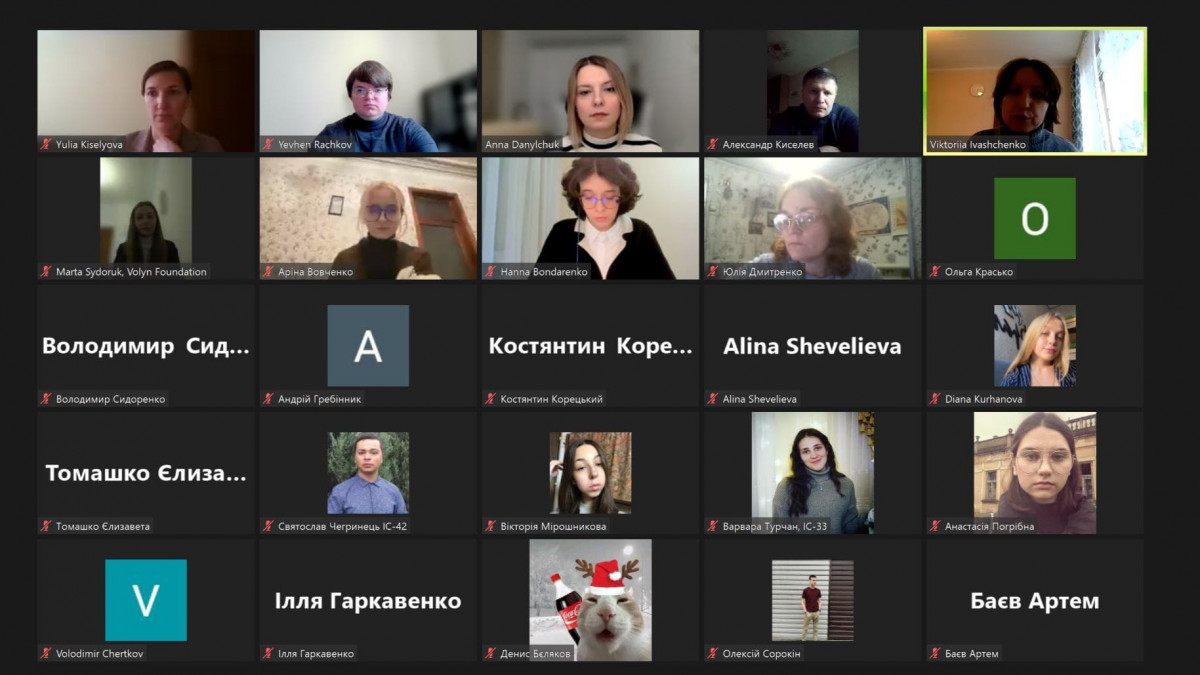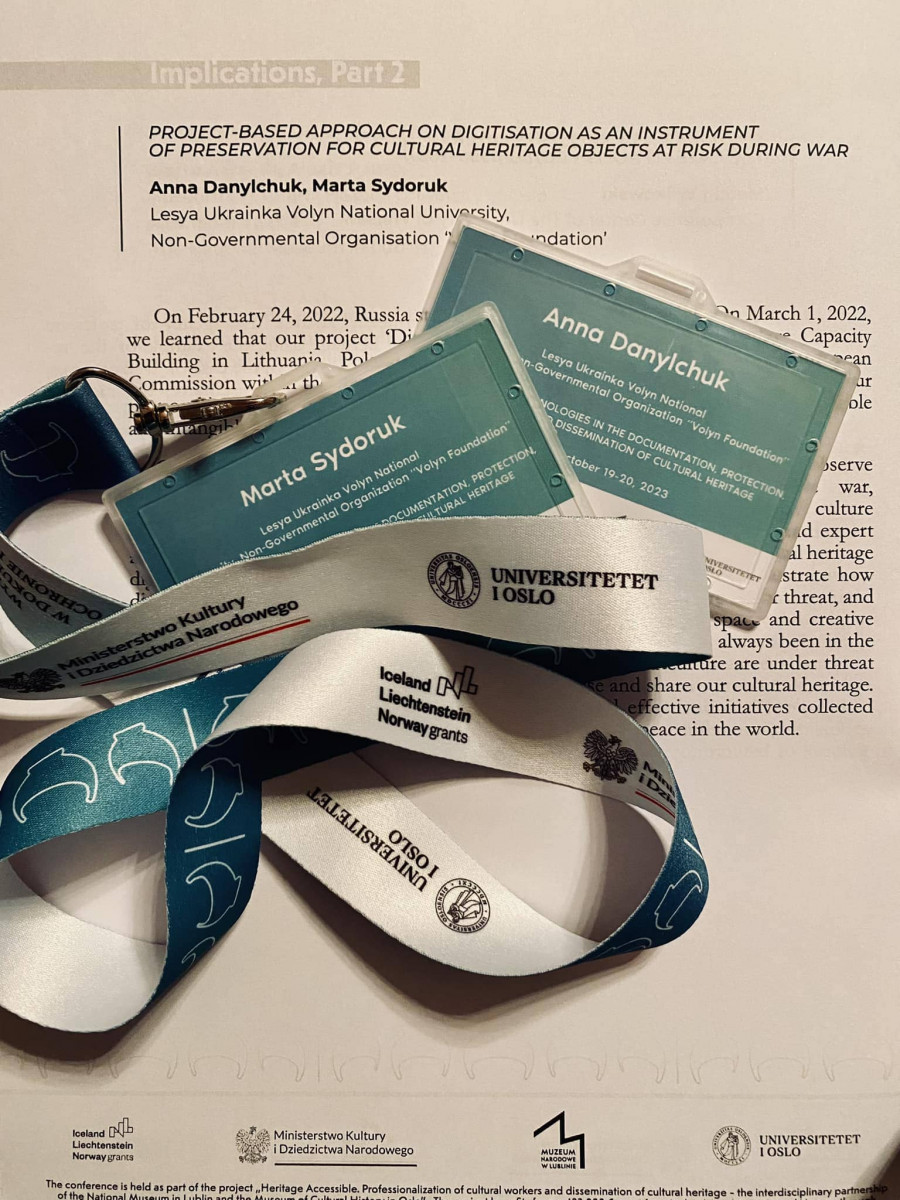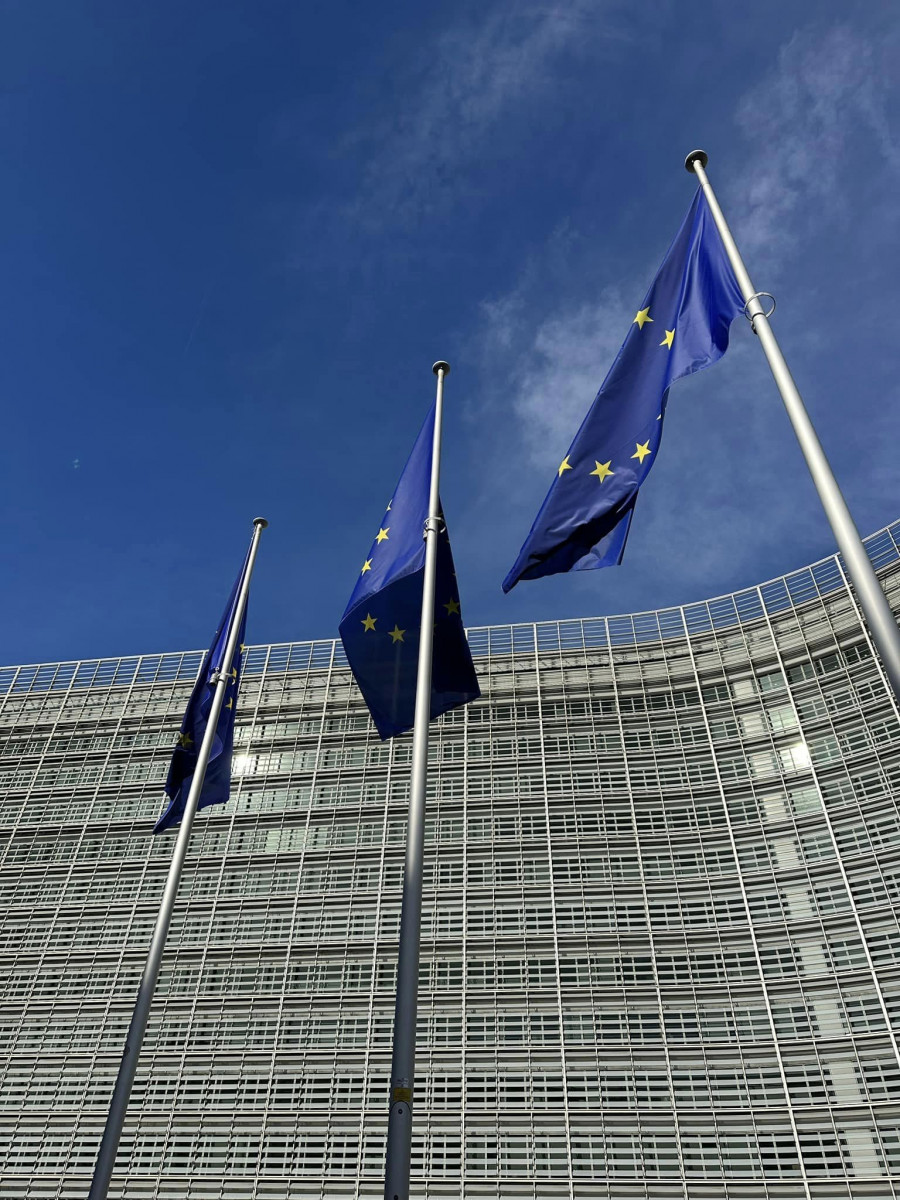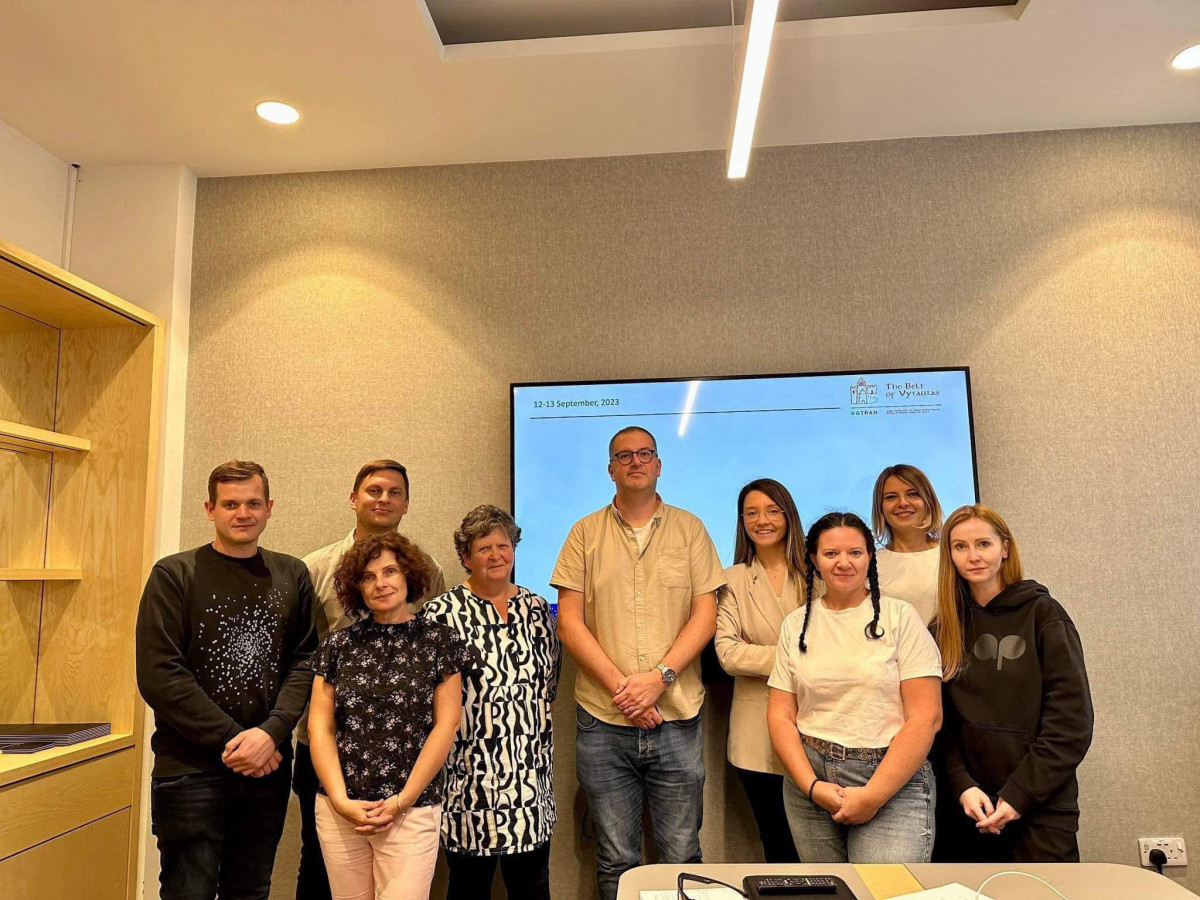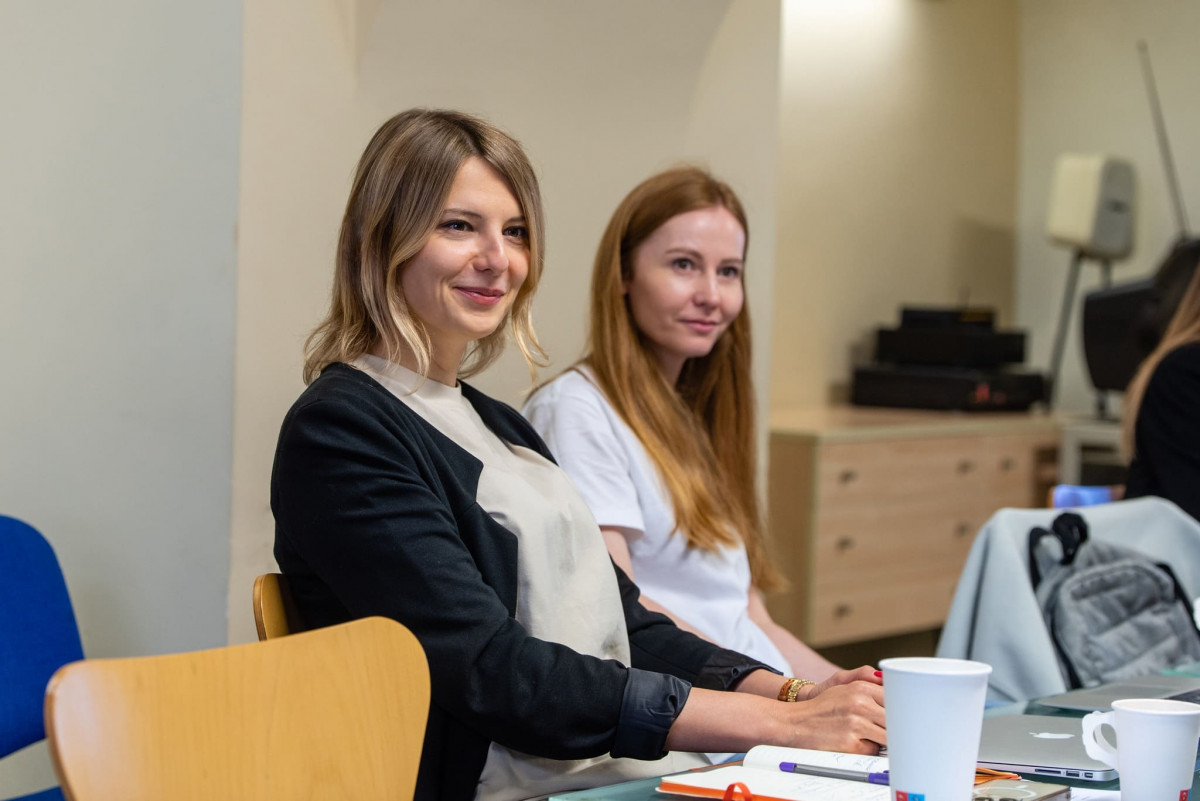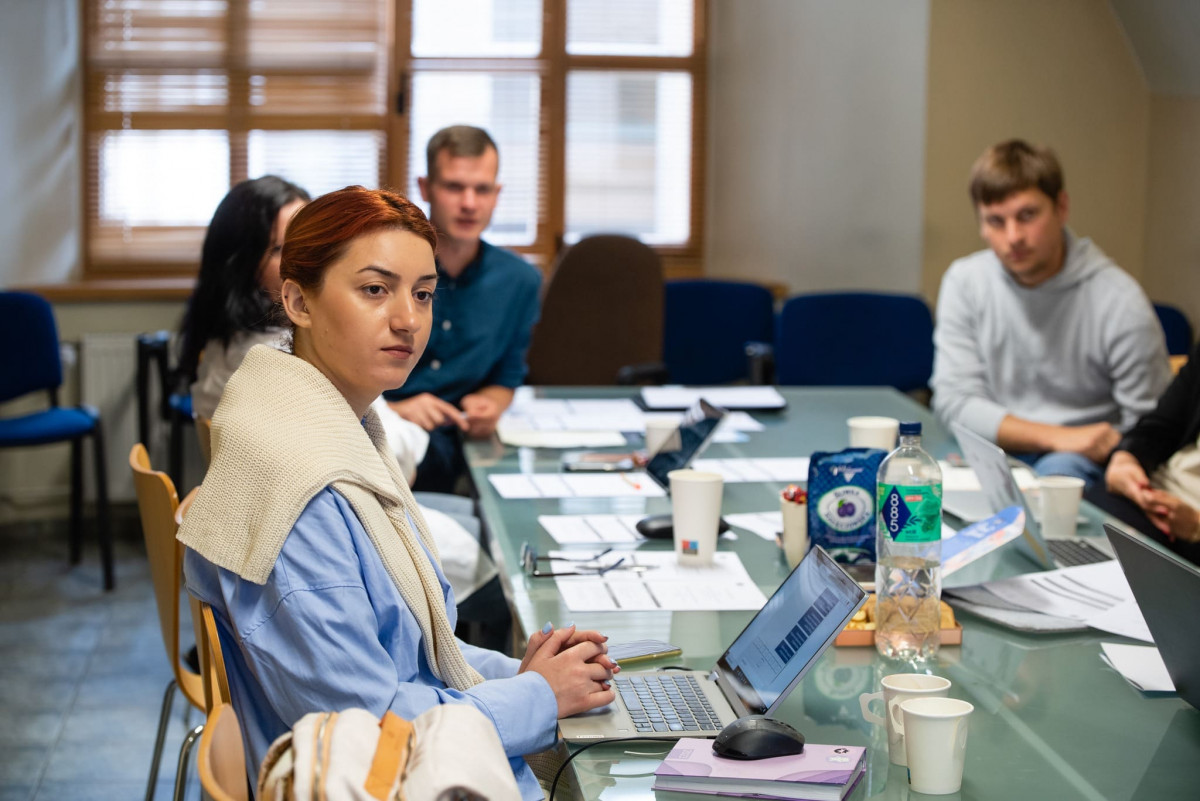You are probably familiar with the meticulousness with which we check hotel prices, for example. We carefully analyze whether they are relevant for the selected dates and only then make a decision to book a room. Otherwise, when you arrive and it turns out that they have been raised, you will have to overpay or settle in a worse room. It’s the same with information, especially news – it’s always worth checking to see if it’s fresh before reading and sharing.
Recently, an acquaintance of mine loudly resented some of the decisions of the Verkhovna Rada, for which the deputies actually voted long before the start of the war. She was surprised by their irresponsibility and inappropriateness of the draft law for our difficult times. Having come across the news in the network, in a high-quality information publication, she completely forgot to check when it was published. And therefore, analyzed it from the standpoint of today. Of course, sometimes we want to read what happened last month, year or even century, but the function of such reading is different, retrospective. If we follow news and important messages from the front, parliament or the president’s office, then it is very important to check the publication time. And not just a day, but an hour and a minute, because the dynamics of military events are high and what was relevant half an hour ago can quickly become obsolete.
Professional Internet media publish the time of the appearance of the news in a prominent place – at the top, under the headline, or, conversely, at the end of the text. Sometimes there is a mention of the publication day even in the URL of the page, so it is enough just to look carefully. It is even easier with printed newspapers or magazines – they contain not only the date, but also the edition number on the first column. During the war, make it a habit before reading and responding to a message to check whether it is still relevant – you will save both time and nerves.
This publication was prepared within the framework of the project “Citizenship for Democratization” with the assistance of the European Union, which is carried out by the Institute for Economic Research and Policy Consultation. The content of this publication is the sole responsibility of the NGO “Volyn Foundation” and in no way reflects the point of view of the European Union and the Institute of Economic Research and Political Consultation.
Anna Danylchuk, NGO “Volyn Foundation”








